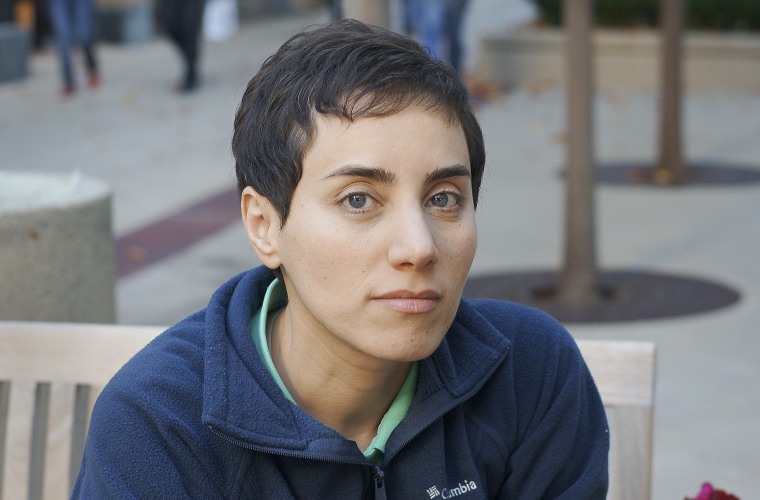Maryam Mirzakhani, a Stanford University professor who was the first and only woman to win the Fields Medal in mathematics, has died. She was 40.
Stanford University said Mirzakhani died Saturday after a long battle with breast cancer.

"Maryam is gone far too soon, but her impact will live on for the thousand of women she inspired to pursue math and science," said Stanford President Marc Tessier-Lavigne in a press release.
"Her contributions as both a scholar and a role model are significant and enduring, and she will be dearly missed here at Stanford and around the world."
Related: Mathematician Maryam Mirzakhani Becomes First Woman to Win Fields Medal
Mirzakhani was born in Iran and joined Stanford as a mathematics professor in 2008.
In 2014, she won one of the Fields Medal — widely considered to be the mathematics equivalent of the Nobel Prize — for her groundbreaking work in theoretical mathematics. According to the university, Mirzakhani's research could have impacts on the "theoretical physics of how the universe came to exist" and "implications for the study of prime numbers and cryptography."
The university praised Mirzakhani and several of her colleagues described her as "ambitious, resolute and fearless in the face of problems others would not, or could not, tackle."
Mirzakhani is survived by her husband and a daughter.
Chelsea Bailey contributed from New York.